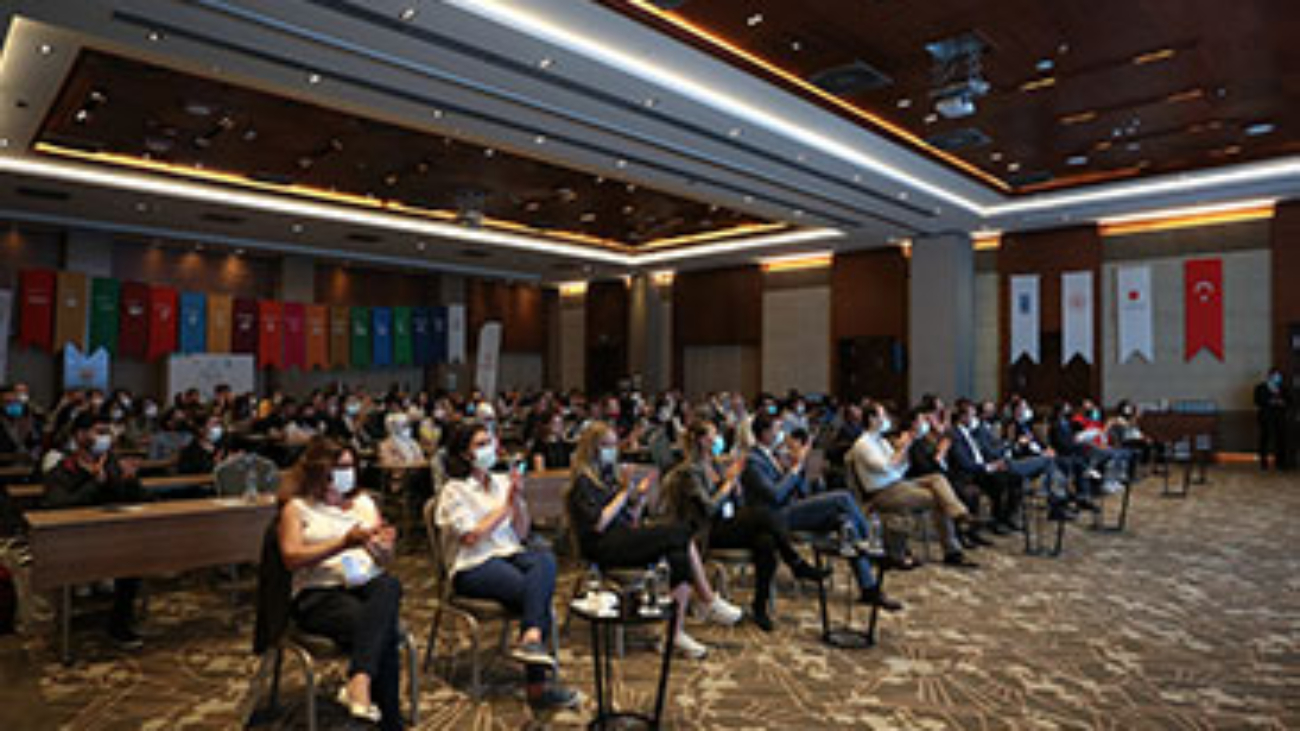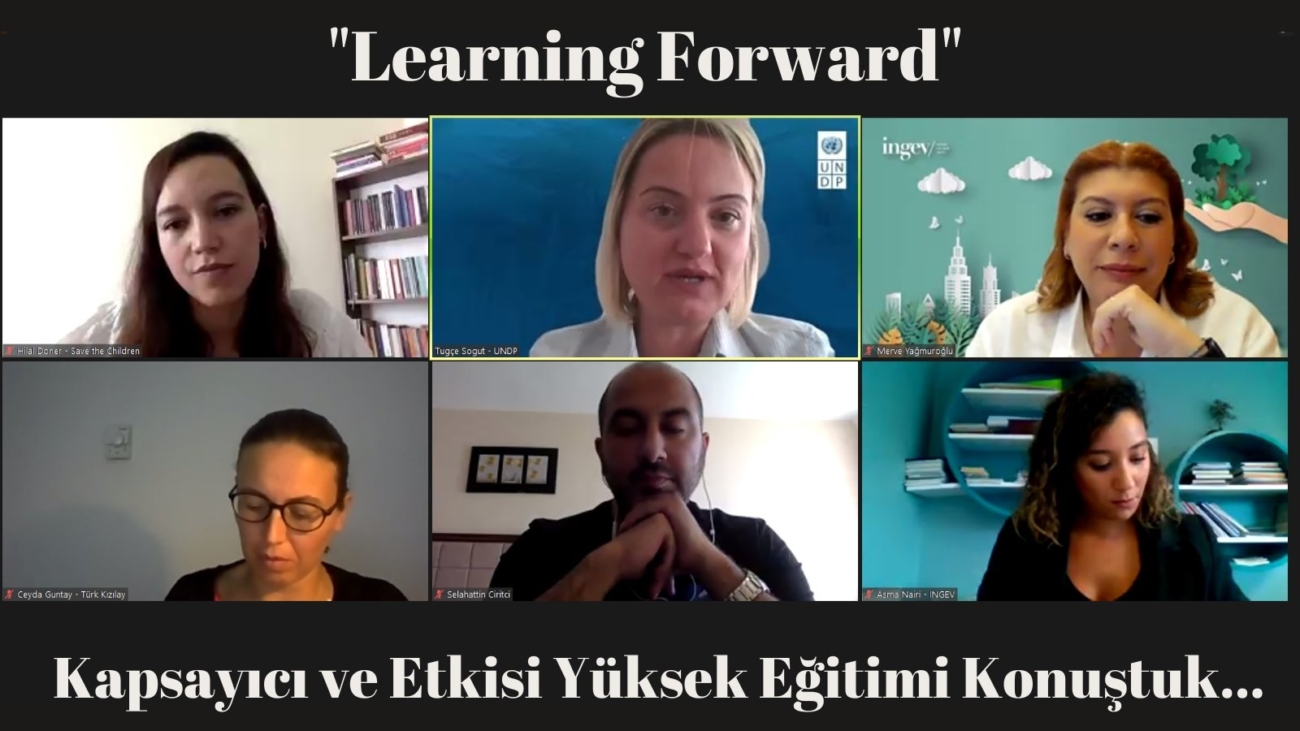Having supported Şanlıurfa’s trade ecosystem with 80 established companies to date, INGEV Şanlıurfa Business Development Center will continue to improve refugee entrepreneurs’ capacities and business ideas with the help of training programs, grants and consultancy services.
And what has been done so far?
A total of 450 SMEs in Şanlıurfa and Kilis were reached throughout the one-year period of the project, and their needs were determined during this time.
Customized according to the SME’s needs, capacity development trainings focused on various themes such as law, finance, digitalization, sales, marketing, management and network development, receiving the attendance and improving business skills of 543 SMEs from both cities.
Within the scope of the highly acclaimed entrepreneurship program, a 20-hour Fundamental Entrepreneurship Training was held with 158 participants. In addition, 83 participants successfully completed 100-hour Advanced Entrepreneurship Training and presented their business plans.
Comprising of different stakeholders, the Grant Committee evaluated graduates’ business plans. Consequently 45 entrepreneurs qualified for a grant to establish their own business and 45 new firms were founded.
Moreover, 81 SME representatives attended Workplace Formalization Seminars, which laid out the steps for formalization, and highlights the importance of and liabilities related to formal workplaces. Licenses were granted for 35 firms, ensuring that they become legal businesses.
Another event, Business Network Development, was organized in Şanlıurfa with the participation of 50 stakeholders and SMEs with the purpose of enhancing communication and collaboration among SMEs, potential clients, stakeholders and universities.



